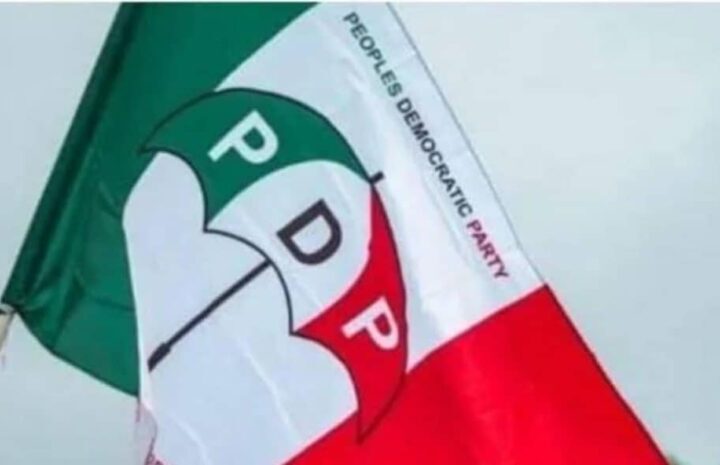The Managing Director of Eterna Plc, Mr Olumide Adeosun has lamented the low consumption of liquefied petroleum gas (LPG) in Nigeria.
He expressed this while sharing his perspective on the topic ‘’Driving Sustainable Energy Future through Investment In Midstream and Downstream Infrastructure’’ during the second panel at the 2025 NAEC Energy Conference of the Association of Energy Correspondents of Nigeria (NAEC), held at the Eko Hotel and Suites, Lagos.
He noted that while compressed natural gas (CNG) is receiving increased government attention and investment, LPG consumption has stagnated despite its importance to health and environmental goals.
He added:“If we look at CNG and LPG, CNG is getting a lot of attention today. I think we can all agree that it is the future of heavy goods transportation in Nigeria,” he said. “But the space I would like to speak to is around LPG. Five years ago, Nigeria was going to be a five-million-tonnes-per-annum country in terms of consumption by 2025, but the numbers have actually gone down.”
He said the decline is not due to low production but the inability to get gas to where it is needed because of limited funding at the grassroots level.
He added:“It’s not because we’re not producing enough. It’s because we’re not getting gas down the last mile where it needs to be used,” Adeosun said. “People need bottles to cook. You cannot cook off a plant or a skid. You cook off a 3 kg or 12.5 kg cylinder, and we need to figure out a finance pathway for end-users to be able to afford the bottles.”
He commended Techno Oil for setting up a 500,000-bottle-per-annum plant but stressed that more targeted investment is required to make gas accessible at the domestic level.
“We know the money is there. We need to be in a position where, as a country and as an industry, we create a bankable business case and figure out how to fund it. If those bottles don’t exist, then we’re really not going to be able to do much,” he said.
The Eterna boss explained that the company focuses on meeting customers at their point of need, particularly at the retail level, to ensure reliable restocking and support for new customers.
“We will channel some of our efforts into looking for innovative ways to deliver LPG access and make it bankable at the domestic level,” he said. “People are highly mobile. You loan someone a bottle today on the pay-as-you-go scheme, they disappear tomorrow. You’ve lost your investment, so nobody really wants to undertake that challenge. But until we crack it, we won’t see that forward adoption growth.”
Adeosun added that while more gas projects and bottle manufacturing are coming on stream from companies like Seplat & Rungas respectively, Nigeria must focus on creating effective funding structures for distribution channels.
Nigeria, he also said, must focus on targeted investments in the liquefied petroleum gas (LPG) sector to expand access and drive clean cooking adoption across the country.
In order to address the high cost of conversion, Mr Adeosun advised the government to incentivize conversion of heavy vehicles and industrial equipment to run on CNG while the mostly older vehicles that dominate private and local transit could be addressed later.
He also implored the government to directly intervene with supply of adoption kits including gas cylinders, stoves and cookers to mainly rural and low income Nigerian homes to enable them overcome the cost of switching from dirtier kitchen fuels.
He advocated the need for policies that make inclusion of gas reticulation infrastructure and facilities in future and existing residential estates mandatory in order to create more structured demand for liquefied petroleum gas (LPG) and compressed natural gas (CNG) for home applications.

















